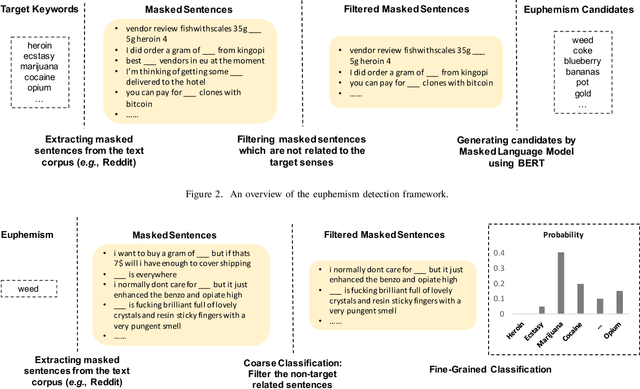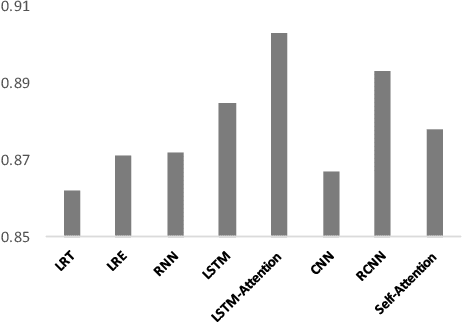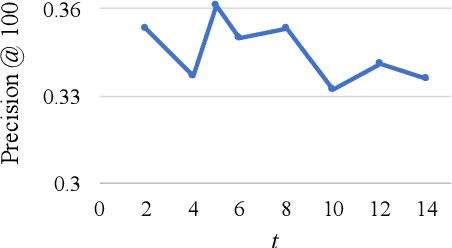Nicolas Christin
Automatic Generation of Web Censorship Probe Lists
Jul 11, 2024



Abstract:Domain probe lists--used to determine which URLs to probe for Web censorship--play a critical role in Internet censorship measurement studies. Indeed, the size and accuracy of the domain probe list limits the set of censored pages that can be detected; inaccurate lists can lead to an incomplete view of the censorship landscape or biased results. Previous efforts to generate domain probe lists have been mostly manual or crowdsourced. This approach is time-consuming, prone to errors, and does not scale well to the ever-changing censorship landscape. In this paper, we explore methods for automatically generating probe lists that are both comprehensive and up-to-date for Web censorship measurement. We start from an initial set of 139,957 unique URLs from various existing test lists consisting of pages from a variety of languages to generate new candidate pages. By analyzing content from these URLs (i.e., performing topic and keyword extraction), expanding these topics, and using them as a feed to search engines, our method produces 119,255 new URLs across 35,147 domains. We then test the new candidate pages by attempting to access each URL from servers in eleven different global locations over a span of four months to check for their connectivity and potential signs of censorship. Our measurements reveal that our method discovered over 1,400 domains--not present in the original dataset--we suspect to be blocked. In short, automatically updating probe lists is possible, and can help further automate censorship measurements at scale.
Self-Supervised Euphemism Detection and Identification for Content Moderation
Mar 31, 2021



Abstract:Fringe groups and organizations have a long history of using euphemisms--ordinary-sounding words with a secret meaning--to conceal what they are discussing. Nowadays, one common use of euphemisms is to evade content moderation policies enforced by social media platforms. Existing tools for enforcing policy automatically rely on keyword searches for words on a "ban list", but these are notoriously imprecise: even when limited to swearwords, they can still cause embarrassing false positives. When a commonly used ordinary word acquires a euphemistic meaning, adding it to a keyword-based ban list is hopeless: consider "pot" (storage container or marijuana?) or "heater" (household appliance or firearm?) The current generation of social media companies instead hire staff to check posts manually, but this is expensive, inhumane, and not much more effective. It is usually apparent to a human moderator that a word is being used euphemistically, but they may not know what the secret meaning is, and therefore whether the message violates policy. Also, when a euphemism is banned, the group that used it need only invent another one, leaving moderators one step behind. This paper will demonstrate unsupervised algorithms that, by analyzing words in their sentence-level context, can both detect words being used euphemistically, and identify the secret meaning of each word. Compared to the existing state of the art, which uses context-free word embeddings, our algorithm for detecting euphemisms achieves 30-400% higher detection accuracies of unlabeled euphemisms in a text corpus. Our algorithm for revealing euphemistic meanings of words is the first of its kind, as far as we are aware. In the arms race between content moderators and policy evaders, our algorithms may help shift the balance in the direction of the moderators.
 Add to Chrome
Add to Chrome Add to Firefox
Add to Firefox Add to Edge
Add to Edge